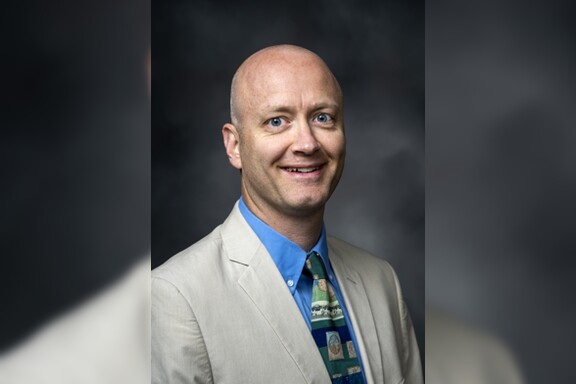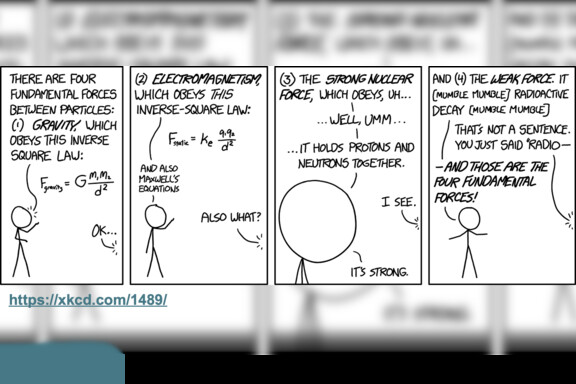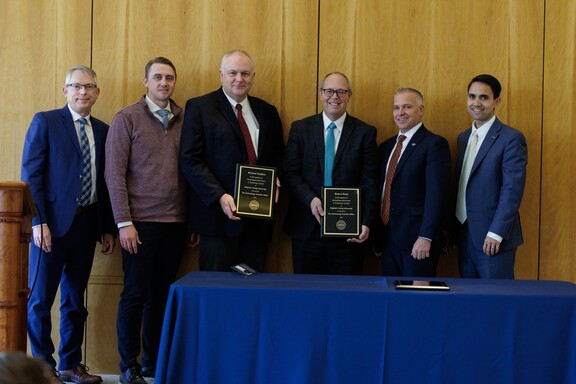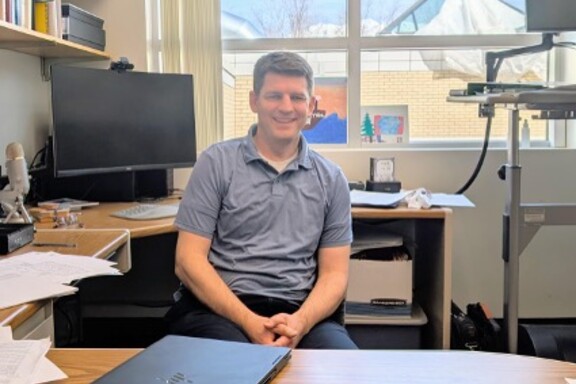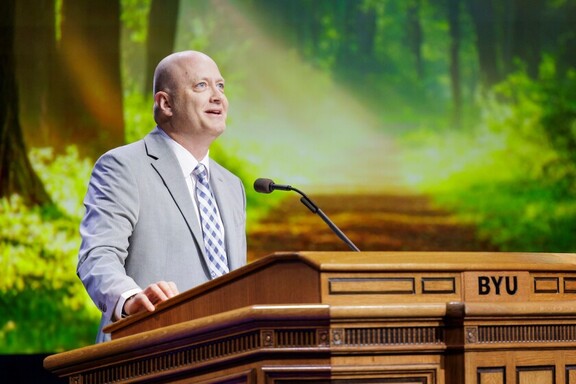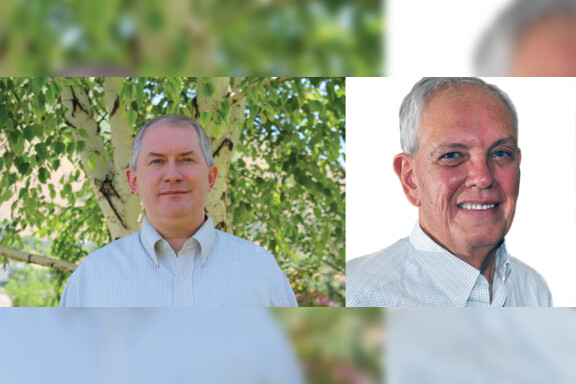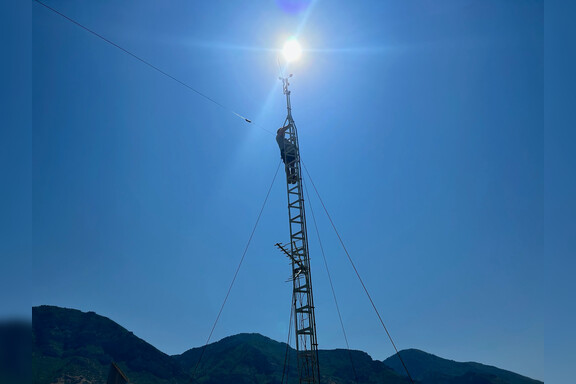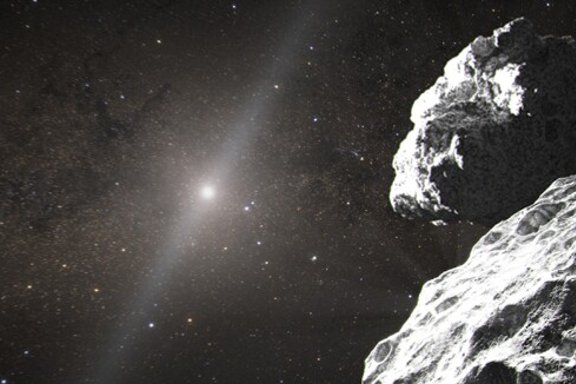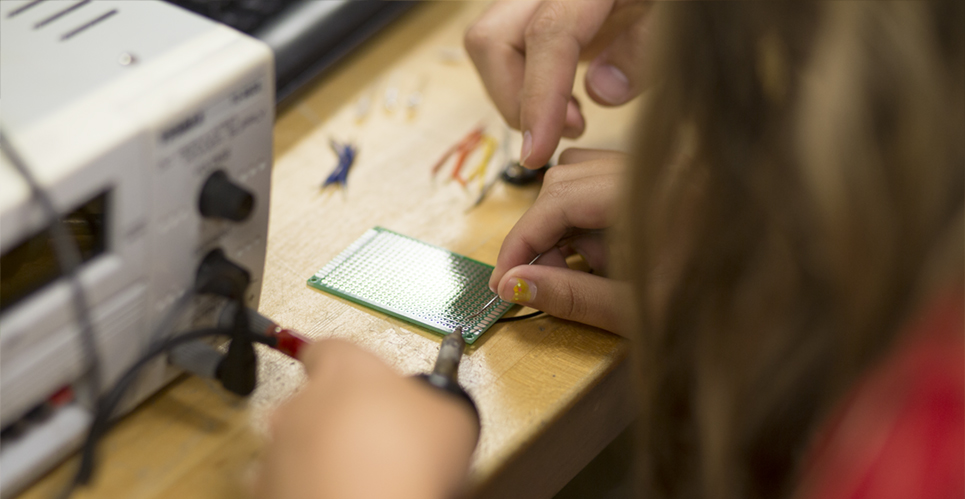
14-year-old Anna Montoya leaned over her circuit board, soldering iron in hand as she carefully fused a maze of wires to the green board.
On August 6 junior high and high school–aged girls came together with teachers, parents, and a BYU graduate student to create light using a circuit board.
“It’s a hands-on job, instead of just a presentation where there’s pictures,” Montoya said. “I like how you can learn how to do things that people in college get to do.”
Circuit boards soon came to life as little bulbs lit up the room, the energy directed by the hands of the girls.
“When they teach, they teach in a fun way,” Montoya said. “Usually in my school, when they teach science, I kind of don’t get it. . . . Here, it’s easier for me to learn because they write it on the board and show us demonstrations.”
This activity was part of BYU Girls And Light (GAL), an annual three-day event held in the Eyring Science Center.
Physics professor Dallin Durfee is in charge of organizing the event with the assistance of physics professor John Colton. BYU-GAL focuses on girls learning more about lights, optics, and other aspects of physics.
This was the event’s third year at BYU. Each year, Durfee strives to make BYU-GAL a rewarding experience for those who attend.
“I want them to be excited about science,” Durfee said. “I want them to develop this excitement so that they want to go and learn things about the world around them, to take physics and chemistry and math classes at school, and to learn more on their own. I want to build their excitement.”
To accomplish these goals, Durfee arranged for the girls who attend to take part in many hands-on and exciting activities, including programming in Python, making 3D graphics, working with electronics, watching laser shows, having lunch with current female scientists, and even creating their own holograms.
“We’re going to do some things that aren’t necessarily hard-core physics, but related, to get them excited and make the connections between light and interesting things we’re going to see,” Durfee said.
To insure that each girl gets her own personal experience, Durfee restricts this event to a small, intimate group of around a dozen girls.
“I want to take a small group and have a big impact instead of a big group and a small impact,” Durfee said.
The girls were shown how to code and write messages in the programming language Python on August 5. While the girls worked on their own computers, Durfee scanned the room and helped answer various questions and concerns they had.
Coding was one of Montoya’s favorite things.
“I got to learn how to write messages,” Montoya said. “When I went home, I thought, ‘Man, I wish I could do programming again.’ It was really fun for me to learn.”
More Information on This Article




